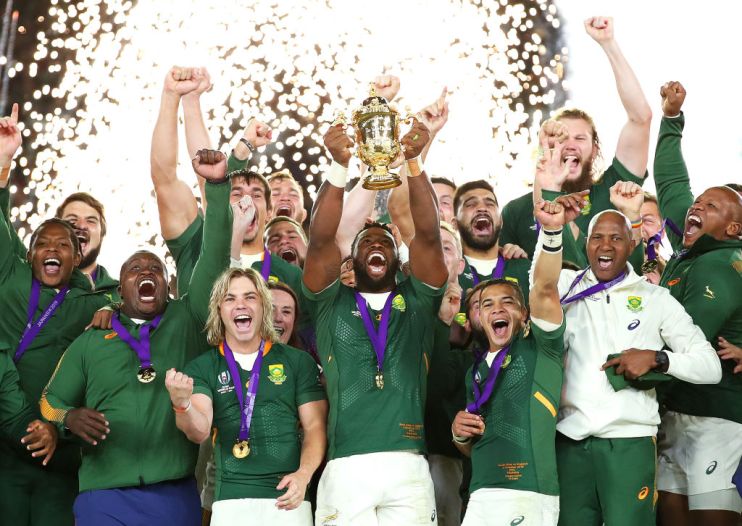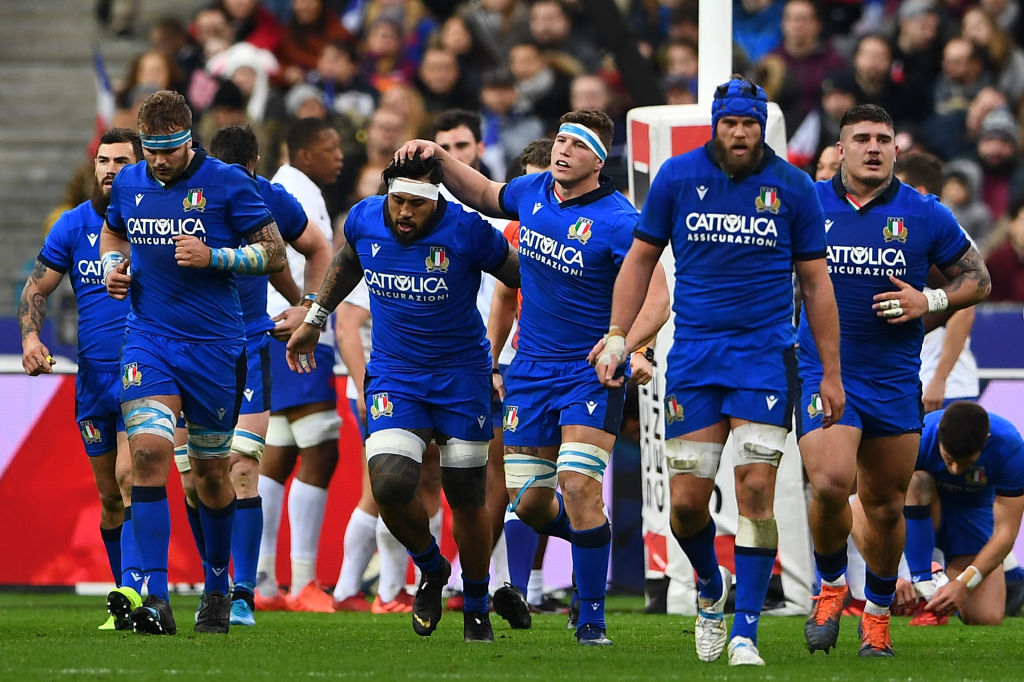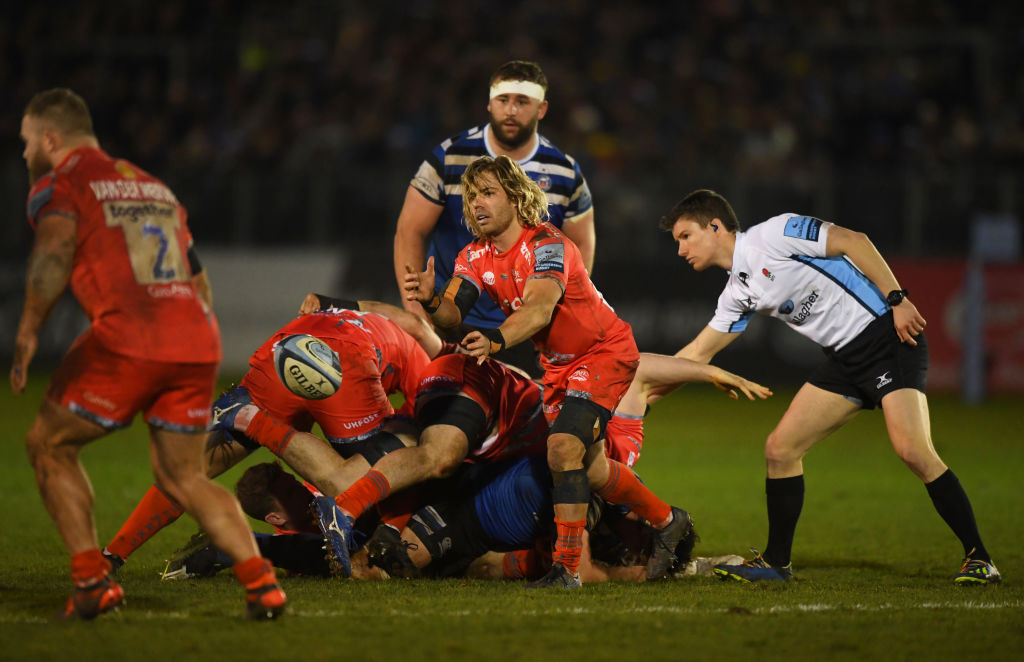Adding South Africa into the Six Nations is a controversial move but it makes commercial sense in the long run

The Six Nations is in a rest week at the moment but there has been no shortage of things for fans to talk about after it emerged that South Africa could join the tournament.
The potential introduction of the Springboks in 2024 is an emotive subject and I can certainly see both sides of the argument.
Looking at the idea through the eyes of fans, I can understand why the immediate response would be objection. The Six Nations has a great history, with so many of the fixtures proper international derbies.
The competition brings this time of year alive with excitement. Trips to Dublin, Paris and Rome are huge selling points and are a key part of the romanticised view which people hold dear.
Different spin
Adding South Africa into the mix would put a different spin on it. Would people buy into it? Would fans be up for flying 11 hours for a game, or would they have to make a week of it?
Some of the history and specialness of the Six Nations would undoubtedly be lost. But at the same time I’m sure people disagreed when Italy’s introduction in 2000 changed it from the Five Nations.
People are generally reluctant to embrace change and I can understand the argument which says ‘why South Africa over Georgia, or another European country?’.

Expanding the tournament but keeping it inside Europe would make sense in some ways, and those nations competing in the Rugby Europe Championship would certainly like to step up, but ultimately the Six Nations is not there for development.
It is supposed to be the pinnacle of the sport and I think the introduction of Georgia would bring down the overall quality.
People already complain about the Six Nations having one dead rubber with Italy, so from a commercial perspective adding another doesn’t make sense.
Commercial sense
South Africa, on the other hand, have a lot of things going for them.
The most obvious is the quality of their side: introducing the world champions would instantly raise the standard of the rugby and make winning the competition even more of an achievement.
Growing the international game is the lifeblood of rugby. Visibility is everything, so spreading the Six Nations further would certainly have a positive effect, while Springboks games in Europe would be sure to sell out.

South Africa is also already aligned with European rugby. A lot of South African players already play in England and France and two South African sides, the Cheetahs and Southern Kings, are in the Pro14.
Meanwhile, many South Africans have emigrated to the host countries, so there is another potential audience to tap into.
Being just two hours ahead means the time zones would not be an issue for broadcasting too.
Long-term development
Reports this week suggest that South Africa would join the current six sides, rather than replace one, such as Italy.
With the calendar already bursting at the seams more games would raise valid concerns around player welfare.
However, I think overall the benefits are strong enough in this situation and I’m sure over time people would eventually get over their initial reservations.

CVC Capital Partners’ ongoing interest in buying a stake in the Six Nations shows that the competition is looking to evolve and add value.
When viewed from a development perspective the addition of South Africa makes a great deal of sense.
If rugby is to grow then these sorts of ideas need to be considered. For me, the potential long-term development opportunities outweigh the concerns of the present.
Former England Sevens captain Ollie Phillips is the founder of Optimist Performance, experts in leadership development and behavioural change. Follow Ollie on Twitter and on LinkedIn